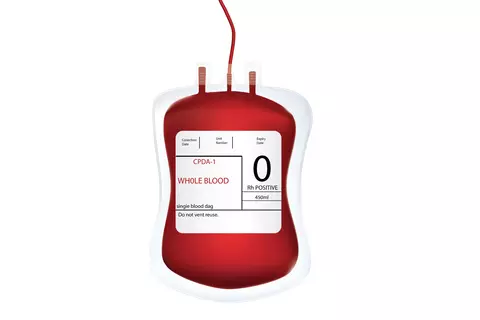Therapeutic plasma exchange improves hemodynamics in patients with acute liver failure, but not overall survival
Burke L et al, J Hepatol. 2025;82(4):615-621
A study from the United Kingdom retrospectively examined data from 378 patients with acute liver failure (229 of which were paracetamol-induced), of whom 120 received plasma exchange therapy. Although no significant effect on overall survival was documented, some positive effects were observed, thus warranting further studies, including to identify potential etiology-specific effects.
Background and aims: Therapeutic plasma exchange (PEX) has emerged as a potential treatment option for patients with acute liver failure (ALF). The effect of PEX on survival outcomes outside of clinical trials is not yet well established. The aim of this study was to evaluate the real-world use and outcomes of PEX for the treatment of ALF.

Methods: This multicentre retrospective cohort study included consecutive patients with ALF admitted to all 7 tertiary liver transplant centres in the UK between June 2013 and December 2021. Changes in clinical variables following PEX treatment were assessed, while overall survival and transplant-free survival up to hospital discharge in patients receiving PEX were compared to those receiving standard medical therapy. Propensity score matching was performed to control for intergroup covariates and selection bias.
Results: The authors included 378 patients with ALF (median age 36 [interquartile range (IQR), 28–48], 64% female [n = 242]) of whom 120 received PEX. There was a significant improvement in most clinical variables following PEX, including median dose of noradrenaline (reduction from 0.35 μg/kg/min [IQR, 0.19–0.70 μg/kg/min] to 0.16 μg/kg/min [IQR, 0.08–0.49], p = 0.001). There was no significant difference between PEX and standard medical therapy groups in overall survival (51.4% vs. 62.6%, respectively, p = 0.12) or transplant-free survival (42.6% vs. 53.1%, p = 0.24).
Conclusion: Plasma exchange is now frequently used in the management of patients with acute liver failure in the UK. It is associated with significant improvement in haemodynamic parameters but not survival benefit.